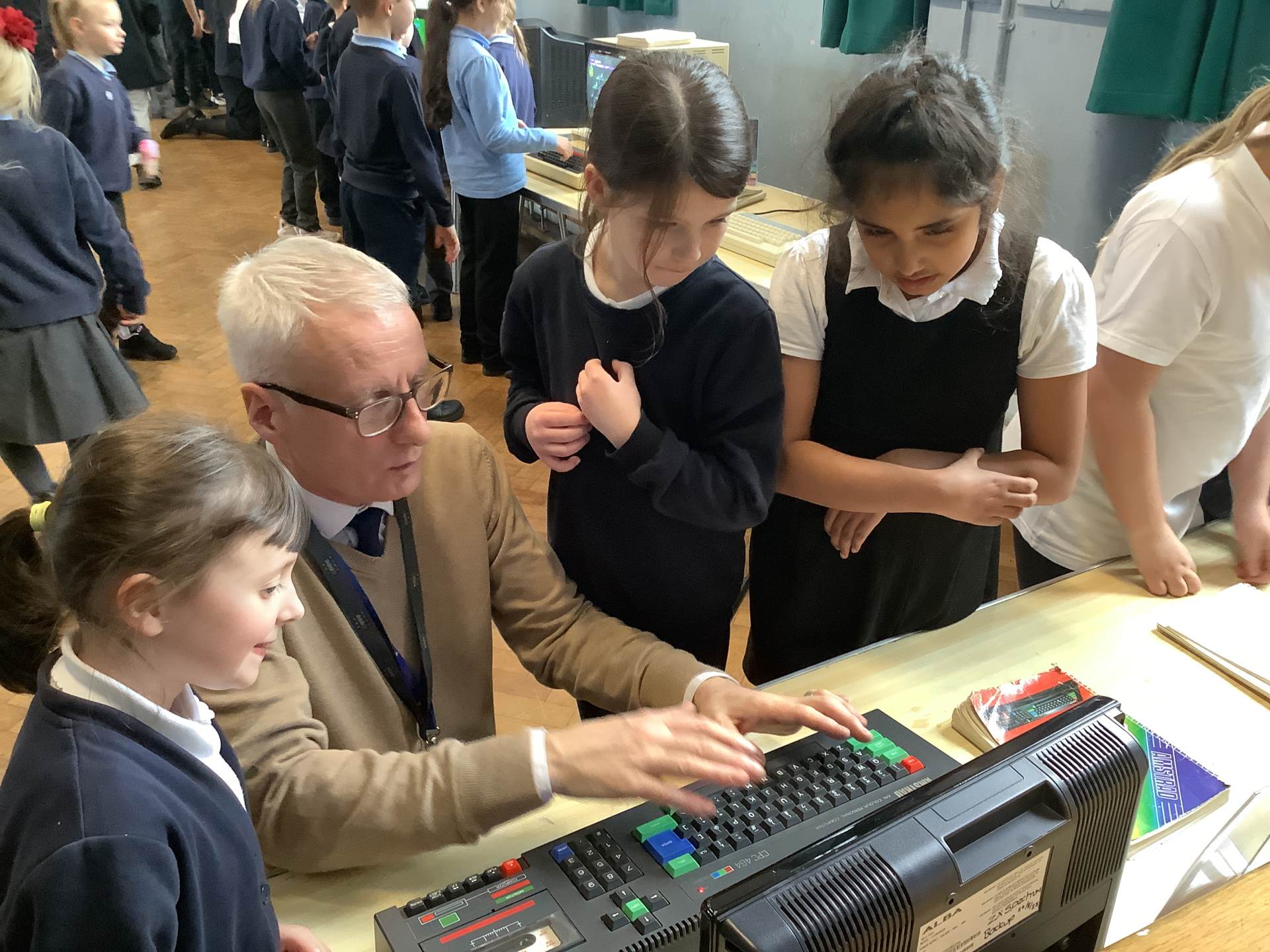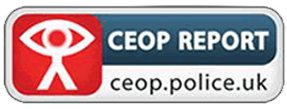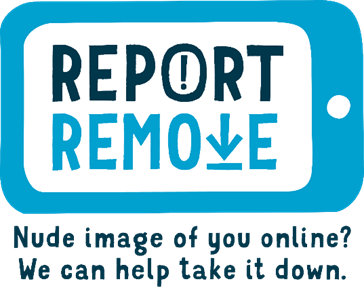CEOP is here to keep children safe from sexual abuse and grooming online.
You can make a report directly to the CEOP Safety Centre by clicking on the Click CEOP button if something has happened online which has made you feel unsafe, scared or worried. This might be from someone you know in real life, or someone you have only ever met online. CEOP take all reports seriously and we will do everything we can to keep you safe. As well as making a report to the CEOP Safety Centre, the CEOP Education website has information and advice to help you if something has happened to you online.
Are you being bullied? CEOP are unable to respond to reports about bullying but if you’re being bullied and would like to talk to someone in confidence right now you can speak to Childline on 0800 1111 or talk to them online – no worry is too big or too small.
REPORT REMOVE
Online Safety
Technology is everywhere and will play a pivotal part in children’s lives. At Shirehampton Primary School, we aim to educate children on how to use technology positively, responsibly and safely. It is essential that all children gain the confidence and ability that they need in this subject, to prepare them for the challenge of a rapidly developing and changing technological world. We recognise that the best prevention for a lot of issues we currently see with technology and social media is through education. Finding the right balance with technology within education is key to a healthy-life style. We will ensure that children are aware of the possible risks when using the internet through a series of online safety assemblies and specific lessons as well as making sure the rules are displayed in each classroom.
Every organisation that works with children needs to have an online safety policy statement, which sets out our commitment to keeping children and young people (as well as staff and volunteers) safe online. You can access ours below:
Acceptable Use Agreements are used to inform children and young people of behaviours which are appropriate and others which are deemed unacceptable. This will allow children and young people to take some degree of responsibility for their own actions, understanding the risks and likely sanctions. Our Pupil Acceptable ICT Use Agreement is below:
pupil acceptable use policy class charter.pdf
24-25 Update
Safer Internet Celebrations 2025 at Shirehampton Primary School was a success! The theme for this year was 'Too good to be true? Protecting yourself and others from scams online.’ At the beginning of the week, we took part in an interactive assembly about scams and phishing online in our classes. Some children produced writing inspired by Safer Internet Day. Then, we welcomed a visit from The Code Show later in the week in which children from EYFS to Year 6 had the opportunity to sit down and program machines of the past 50 years. The assembly and workshop demonstrated how Britain entered the computing and digital age during the late 1970’s and early 1980s. A big thank you to the PTA for their generous donation to help give some context about the digital revolution and therefore, why we teach internet safety.
Earlier in the academic year, Computing Council delivered an impressive assembly in recognition of Technology Past and Present - our theme for this academic year to raise the awareness for why we learn how to be safe online. They delivered a positive message to KS1 and KS2 and were applauded for their wonderful positive attitude and hard work to create resources ahead of the assembly. Computing Council have also worked hard to produce posters and hold a cake sale to raise money for the Safer Internet celebrations: The Code Show. Well done!
23-24 Update
Safer Internet Day 2024 at Shirehampton Primary School was a success! The theme for this year was 'Inspiring change? Making a difference, managing influence and navigating change online.' As a school, we celebrated children's role in creating a safer internet and the ways they can navigate in an ever-changing digital world. Children of all ages, from EYFS to Year 6 and Canberra Class, took part in celebrating this important day. Some children produced writing inspired by Safer Internet Day. Across the school, Year 1 and Year 2 took part in a Boo Gets Cyber Smart workshop and KS2, including Canberra, attended a live performance of Caught in the Net. Both the workshop and performance were delivered by Big Foot Arts Education. A big thank you to the PTA for their generous donation to help educate children about how to be safe online.

EYFS, KS1 and KS2 also attended internet safety assemblies. We looked at how rules are in place to keep children and adults safe. Children developed a greater awareness for age restrictions that can be found on films, TV shows and online platforms including games and social media.
How to support your child at home
At Shirehampton Primary School, we understand that online safety can be daunting for parents and carers, as you may have concerns about your understanding of the topic and their knowledge of latest developments. It is important for parents and carers to understand that e-safety is more about their parenting and communication skills than technology. At our school, we recognise that it isn’t enough to protect children from online harms by simply banning sites or installing firewalls and filters. It is crucial to maintain an open and ongoing discussion about online safety at home/as a family/with children. (Assiter, Avery and The Education People, 2018b).
We know that social media services are popular with young people of all ages. Parents have an important role in helping prepare their children to go online before they start to use social media platforms. Together you can look at the key things they need to know about staying safe online. It is important to educate children and ensure they understand that it always better to wait until the required age to join any social media service. These rules around age relate to privacy, but also are relevant to safety. The following social media sites are age restricted:
WhatsApp - users now need to be 16
Tiktok - 13 (and anyone under the age of 18 must have parents' permission)
Facebook - 13
Snapchat - 13
Instagram - 13
Twitter - 13
Skype - 13
YouTube - 13 or older to have their own YouTube account (there are no age restriction for watching videos on YouTube but children should be closely supervised)
Many parents are keen to support their children to become safer internet citizens, but are unsure of where to go for advice. Below, you will find links to really useful websites.
National Online Safety (NOS) - What parents need to know
https://nationalonlinesafety.com/guides The guides are updated weekly. The guides can be accessed via their online website or social media pages. You might even find one or two of the guides in Shirehampton Primary School's newsletter!
NSPCC - Talking to your child about online safety
https://www.nspcc.org.uk/keeping-children-safe/online-safety/talking-child-online-safety/
NSPCC - Helping your child to manage their mental wellbeing online
https://www.nspcc.org.uk/keeping-children-safe/online-safety/online-wellbeing/
NSPCC - Setting up parent controls to help keep your child safe online
https://www.nspcc.org.uk/keeping-children-safe/online-safety/parental-controls/


Harmful behaviour or inappropriate content
If you need to support your child with any harmful behaviour or content they have seen online the following website are really helpful.
Internet Matters: Get tips on how to use tech tools to filter and block inappropriate content on children’s device and what conversations to have to keep them safe online.
NSPCC: Sometimes, innocent searches can lead to not so innocent results. And sometimes, children may look for things because they're curious. It’s important to know how to reassure children and young people and help them know what to do and where to go for support if they see inappropriate content online.
Childline: Getting images removed.
Our safeguarding and child protection policy and behaviour policy can be found on our policies page on the website.
Please see attached a tool for how to and where to report harmful content you see on the internet. This is useful platform to raise concerns about harmful content online. IWF Reporting Tool

 Shirehampton
Shirehampton 
